10 startups that died in 2017 - despite $1.7 billion in funding
Luxe: Back from the dead

Doppler Labs: 2013 — November 2017
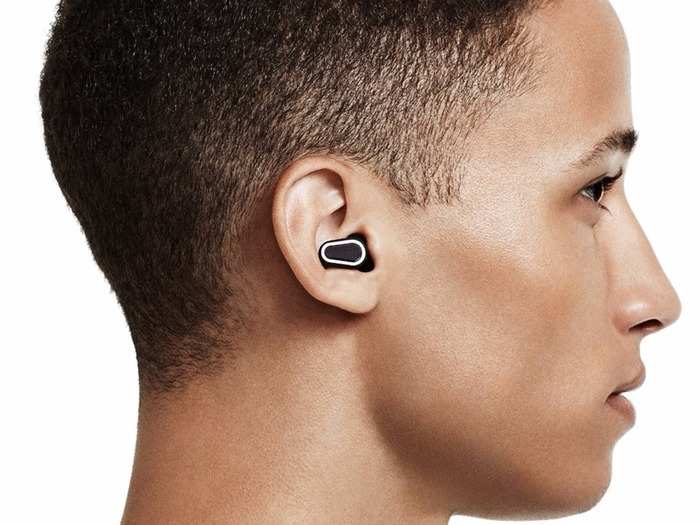
Capital raised: $51 million
Peak valuation: $235 million
When Doppler Labs first launched in 2013, it sold investors on the dream of super-smart earbuds that would let users customize their experience of the world around them. The company's wireless Here One earbuds, which blocked out city noises while still letting in sound from normal conversations, were positioned to be competitors to Apple's AirPods and Google's Pixel Buds. But sales were slow and the company couldn't secure the funding necessary to stay in business.
Raptr: 2008 — September 2017
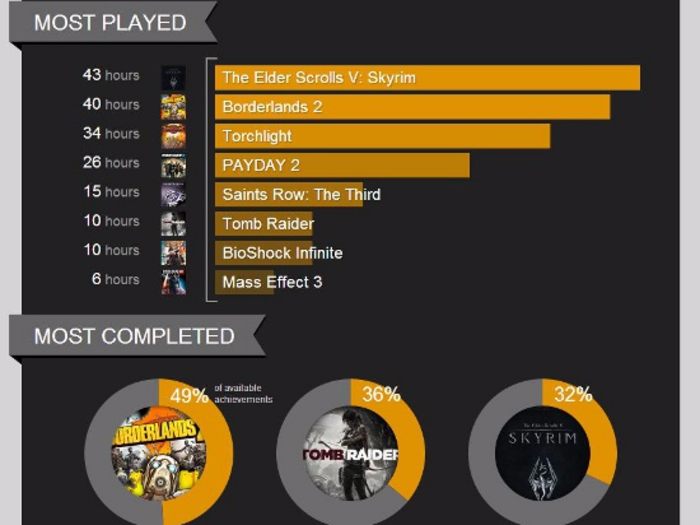
Capital raised: $44 million
Peak valuation: $170 million
Raptr folded in September after nearly a decade as the go-to social network for gamers. Its service helped them keep track of which games their friends were playing and made it easier for them to remotely play multiperson games.
Though Raptr expanded its offerings to include game optimization, the company outlasted its usefulness as more gaming companies offered similar services. Its fate was sealed in 2016, after the company lost a key partnership with chipmaker AMD, which stopped bundling Raptr's app with its graphics software.
Juicero: 2013 — September 2017
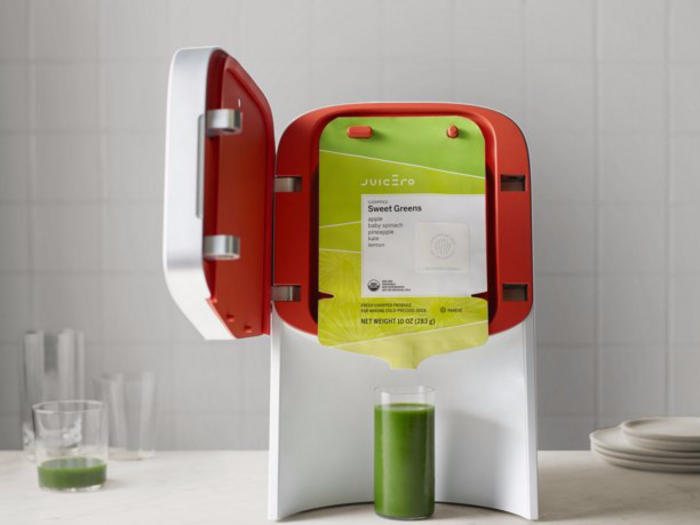
Capital raised: $118.5 million
Peak valuation: $270 million
Juicero, the juice machine company, started raising funds in 2013 but didn't release a product until 2016. Just a year later, investors discovered the $270 million company's biggest secret: its $400 machine didn't do much besides squeeze contents out of bags. And those bags could easily be emptied by hand.
The company lost out on a new funding round worth millions of dollars that was pending from investors, and it never recovered from the financial setback.
Jawbone: 1997 — July 2017
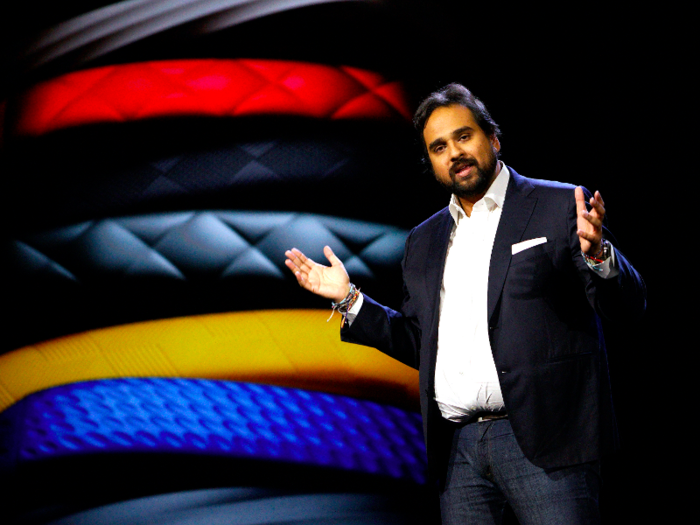
Capital raised: $1 billion
Peak valuation: $3 billion
Jawbone was a pioneer in wearable devices, with a focus on fitness trackers and portable speakers, but it struggled to pay its vendors. In July, Jawbone closed its doors and began liquidating its assets. In its place, company founder and CEO Hosain Rahman started a new company called Jawbone Health Hub in the healthcare hardware and software space.
Hello: 2012 — June 2017
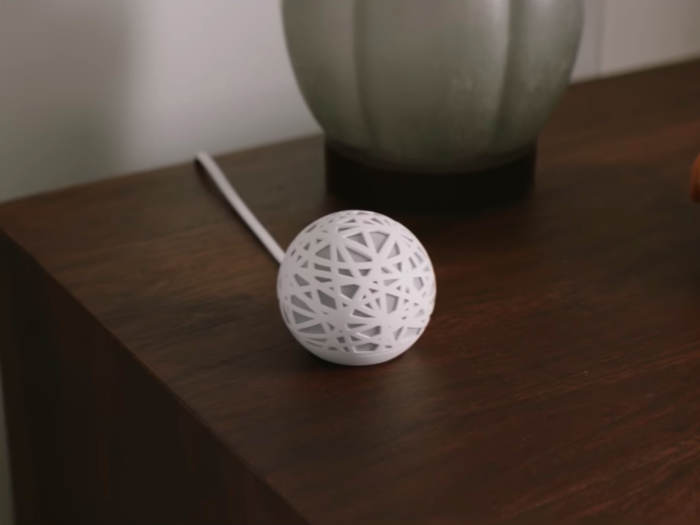
Capital raised: $40 million
Peak valuation: $300 million
Hello was the company behind the Sense sleep-tracking sensor, which was designed to sit in users' rooms, rather than on their wrists. The company closed its doors in June, after failing to find a buyer.
Hello launched on Kickstarter, and found a home for its Sense device on the lucrative shelves of retailers Target and Best Buy. But such successes weren't enough to prevent Hello from saying goodnight for good.
Sprig: 2013 — May 2017
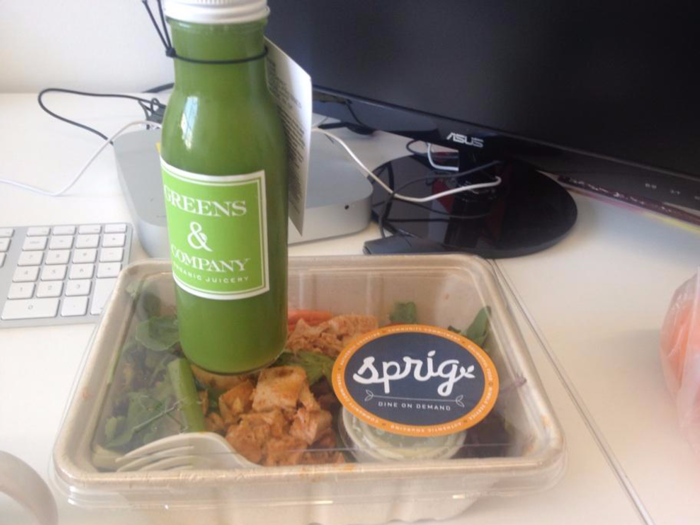
Capital raised: $57 million
Peak valuation: $110 million
Sprig, a San Francisco-centric service that offered high-quality meals on demand, made its last delivery May 26. Sprig promised to deliver meals within 15 minutes and offered locally sourced produce. But its business model wasn't sustainable when compared with those of lower-overhead competitors such as Seamless.
In a note on Sprig's website, founder and CEO Gagan Biyani wrote that "the complexity of owning meal production through delivery at scale was a challenge."
Maple: 2014 — May 2017
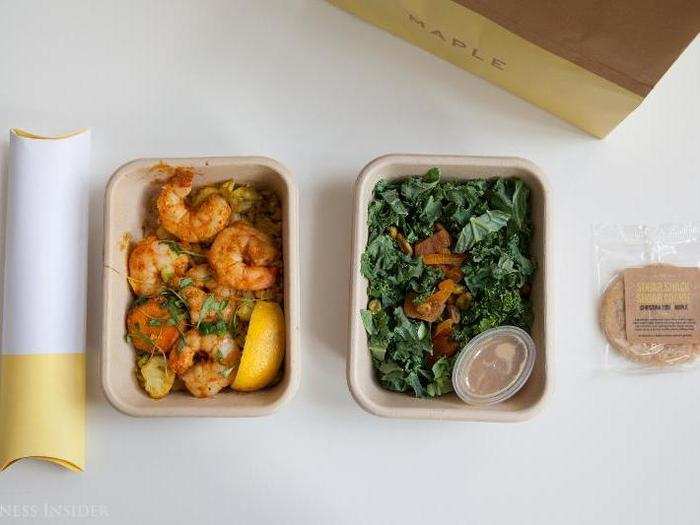
Capital raised: $29 million
Peak valuation: $115 million
Maple, a New York City-based food-delivery service, closed down May 8. With the backing of David Chang, the chef and founder of high-end restaurant company Momofuku, Maple was a darling of the foodie space. Its unique service included both tips and delivery charges in its prices, and each meal came with a free gourmet sugar cookie.
Customers knew something was up when Maple replaced its actual cookies with a photograph of a cookie on a brochure. Some of its team was acquired by Deliveroo, a larger UK-based food delivery service.
Yik Yak: 2013 — April 2017
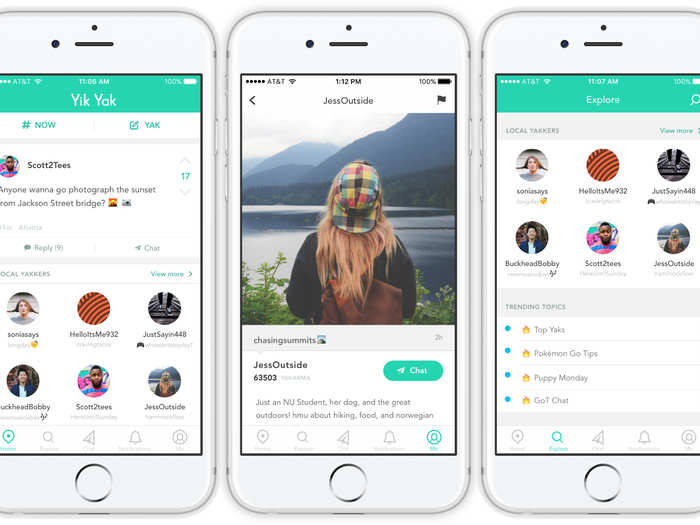
Capital raised: $73 million
Peak valuation: $400 million
Yik Yak, whose anonymous social media app was at the center of several college harassment scandals, announced its closure on April 28 after struggling to keep users on its platform. Just days before Yik Yak closed shop, payment company Square acquired its engineering team for a cool $3 million.
Quixey: 2009 — February 2017
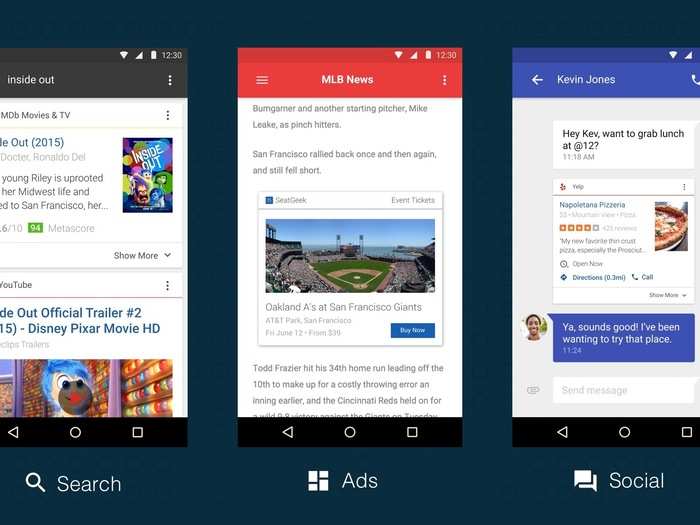
Capital raised: $133 million
Peak valuation: $600 million
Quixey, whose mobile search engine was able to crawl apps, laid off most of its staff at the end of February. It seems the company never found its footing or a steady revenue source, despite replacing its founding CEO, Tomer Kagan, in March 2016.
Beepi: 2013 — February 2017
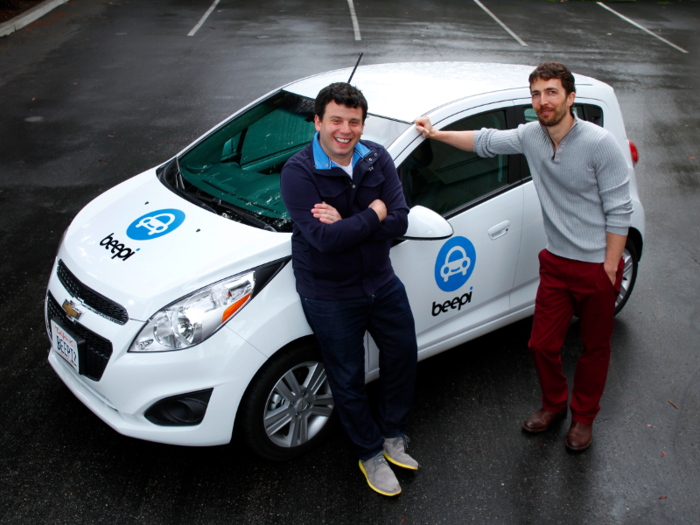
Capital raised: $150 million
Peak valuation: $560 million
Beepi, whose website that brought together car buyers and used-car sellers, shuttered in February. Both Fair.com and used-car dealer DGDG considered buying the startup, but ultimately decided against it. In the end, Beepi ran out of money.
Popular Right Now
Advertisement